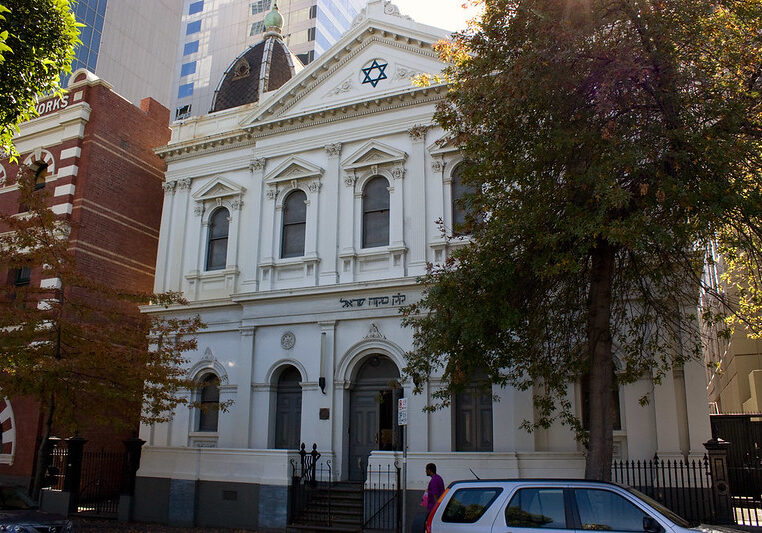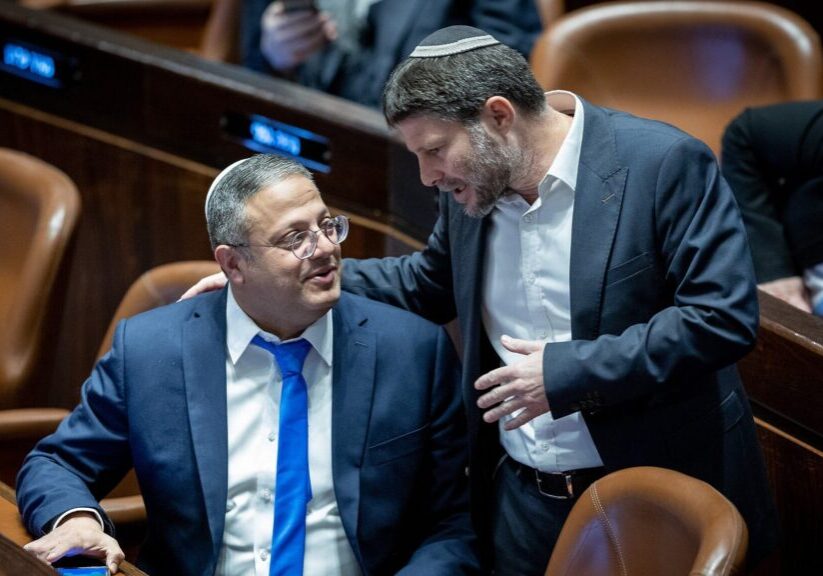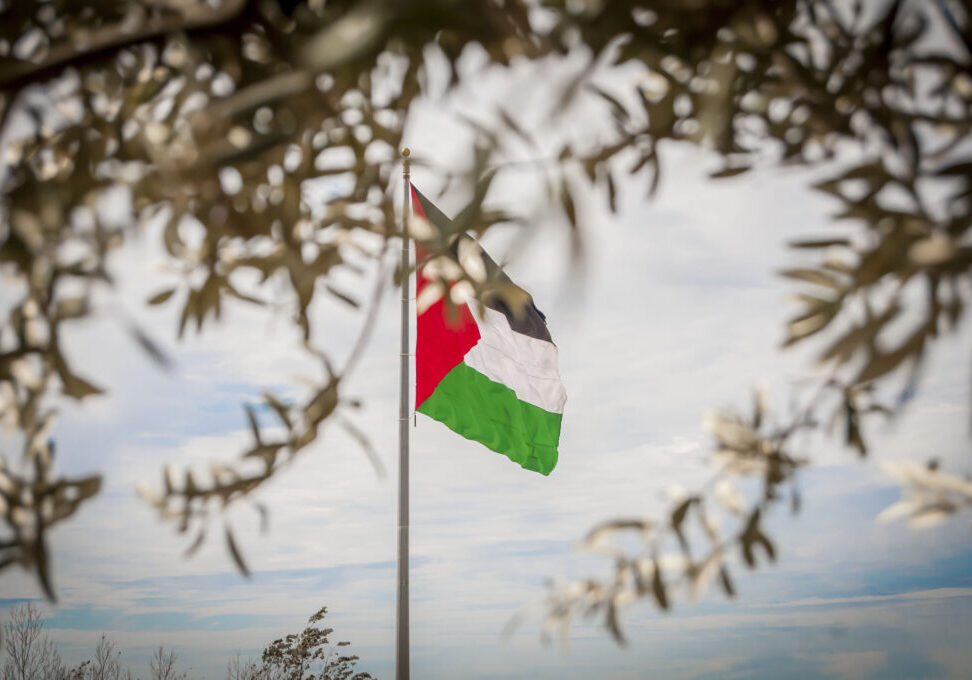Australia/Israel Review
Media Microscope: No Smoke, No Fire
Oct 26, 2021 | Allon Lee

No smoke, no fire, but plenty of hot air – this sums up the verdict of most of the comments in the media about John Lyons and the wild and often factually-challenged claims about Australian media coverage of the Israeli-Palestinian issue in his new booklet Dateline Jerusalem: Journalism’s Toughest Assignment.
Publicity for the booklet by the former Australian Middle East correspondent and current ABC Executive Editor of News and Head of Investigative Journalism started with an extract in the Age and Sydney Morning Herald (Oct. 2), insisting “the Israeli-Palestinian issue is the single issue which the media will not cover with the rigour… it covers every other issue.”
The explanation for this, according to Lyons, is reporters critical of Israel are “trolled and abused” or accused of antisemitism by the pro-Israel lobby, which leads to “self-censoring.” No concrete examples were included.
Meanwhile, asked to confirm a claim in the extract that “a prominent US-based pro-Israel lobby group had branded her a ‘Nazi bitch’,” former New York Times Middle East correspondent Jodi Rudoren told AIJAC she doesn’t remember any such incident and said she would ask Lyons the source for his claim.
On Oct. 6, both the Age and SMH ran former Age editor Michael Gawenda’s withering takedown of Lyons which noted the booklet lacks “examples of compromised reporting” and that it’s “incontestable… that the conflict… gets more newspaper and television coverage than virtually any other overseas conflict.”
In an interview on Radio ZZZ (Oct. 13), Gawenda was even more scathing, saying,“What was deeply troubling to me” was that Lyons’ claims about the pro-Israel lobby distorting Australian media coverage of the Israel/Palestinian issue were made “without providing significant evidence… I think on its face… it’s an absurd proposition and… based on a view of Jewish power that I think is nonsensical, to say the least.”
A letter by former Middle East correspondent Tony Walker challenging Gawenda appeared in the Age (Oct.8), insisting “reasonable discussion of the… issue is media-constrained” and that “anti-Semitism has been weaponised to stifle such discussion,” but again offering absolutely no examples.
Interviewed on ABC Radio National “Breakfast” (Oct. 5), Lyons claimed his former Australian newspaper colleague Jennine Khalik had “left journalism” after allegedly experiencing pressure at the Australian because of her Palestinian background. In fact, Khalik subsequently worked at both the ABC and Crikey.
On ABC Radio 774 Melbourne (Oct. 5), Lyons repeated the Rudoren claim and said in Hebron there is a road “you can only drive if you’re Jewish,” forcing Palestinian women to carry their shopping. In fact, except for a tiny enclave where Israelis live, the Palestinian Authority controls 80% of Hebron and for security reasons one connecting road is off limits to non-resident Palestinians and can be used by anyone else, Jewish or non-Jewish.
On Crikey (Oct. 8), veteran newspaper editor Peter Fray contested most of Lyons’ claims about media coverage, writing, “Are editors aware they will upset the pro-Israel lobby from time to time? Yes. Does the threat of being called an antisemite or worse lead to widescale mis- or non-reporting, to self-censorship?… not in my experience…What about the reporting?… Lyons largely ignores the scores of hard-nosed reporting done from and about Israel by the likes of Paul McGeough (SMH/Age), Sophie McNeill (ABC) and, of course, himself… The fact that the reaction to pieces… is so fierce doesn’t mean such pieces are not being published. They are.”
On Sky News “Bolt Report” (Oct. 7), host Andrew Bolt ridiculed Lyons’ conspiratorial view of the Israel lobby, saying “[AIJAC’s] Colin Rubenstein… sent two editors a memo saying, ‘listen, you’ve been to a private briefing with… Netanyahu. That was off the record… But by the way, here’s some information that you might be able to use’. And… Lyons produces this as an example of how… Rubenstein is censoring journalists. It’s just insane.”
On Oct. 9, the Guardian Australia ran a self-serving op-ed by the booklet’s publisher, Louise Adler, who stressed that “700 journalists and writers signed a petition calling for fuller media coverage of the plight of the Palestinians.”
Actually, the petition (which Adler signed) did not call for “fuller” coverage, but demanded the media “prioritise” Palestinian views and cease covering both sides of the issue.
A lengthy critique on the Australian website (Oct. 15) by commentator Gerard Henderson in his Media Watch Dog column concluded that Lyons “like so many journalists… likes to criticise others but seemingly does not like to be criticised.”
Tags: Australia, Media/ Academia






